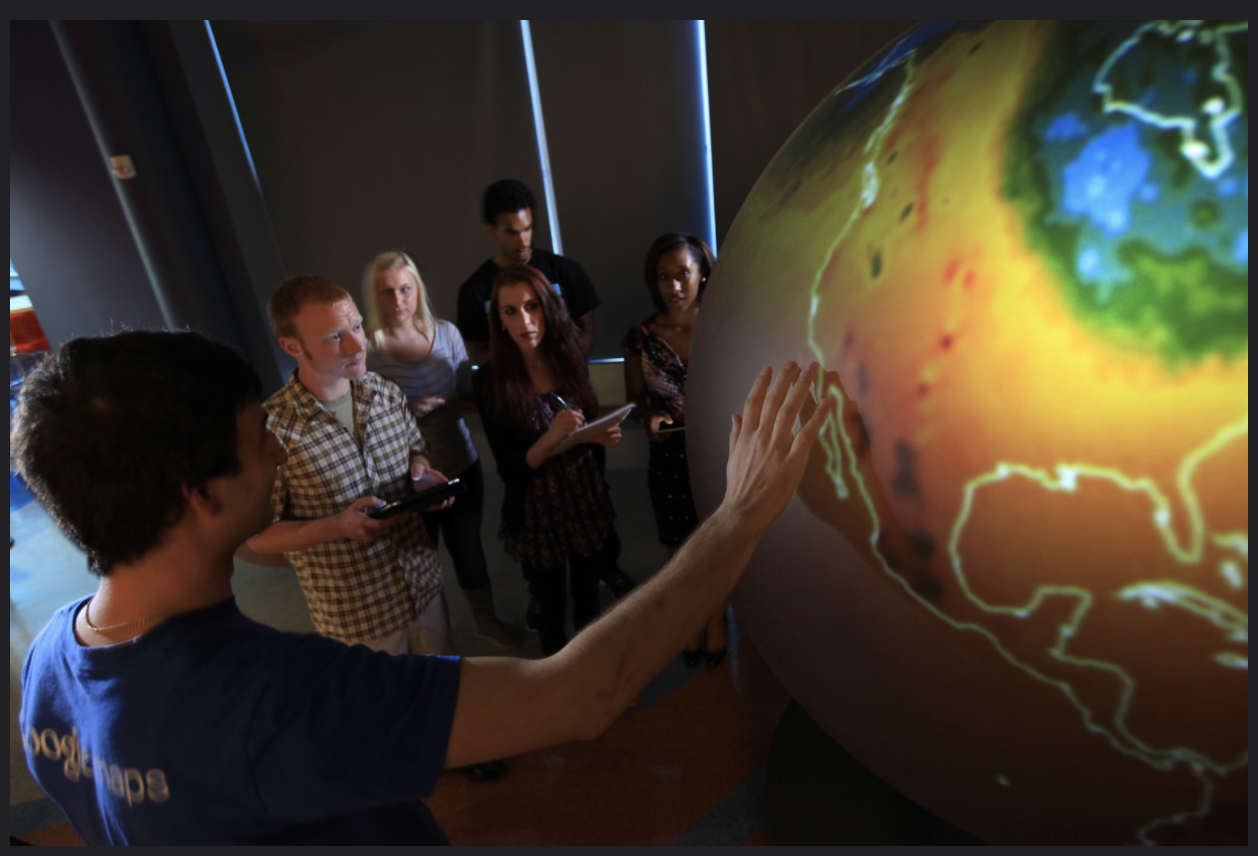Why We Should Embrace Experiential Learning

By Tomeka Wilcher
We all want our students to have a meaningful learning experience, but how can we achieve this goal? One powerful way is by supplementing classroom theory with real-world practice, through the process of experiential learning.
This best practice offers students a hands-on and purpose-filled learning opportunity, one that expands the classroom and in some cases immerses students in a setting that reflects a future opportunity or career. In each case they learn by doing as they apply critical thinking, problem solving, research, and written and oral communication skills.
In higher education, students are introduced to experiential learning through several high-impact practices: service learning, internships, clinical experiences, undergraduate research, study abroad, interactive simulations, campus entrepreneurship/incubators, co-operative education opportunities, etc. These experiences allow students to tap into their metacognitive knowledge; they learn how to strategize, and they gain a stronger knowledge of self.
David Kolb, a psychologist and educational theorist, created a four-stage cycle of experiential learning. In this model, Kolb (1984) captured what occurs during the process:
Concrete experience - Students encounter a new setting and/or experience. They must transfer their knowledge and skills into a real, practical setting and/or experience.
Reflective observation - As students are learning to navigate within this new setting and/or experience, they are constantly reflecting and making sense of what they are learning and what is taking place.
Abstract conceptualization - Based upon their reflections, students are making connections, making adjustments, comparing what they have learned to what they are experiencing, and making sense of any discrepancies. They take what they have learned and infuse it with what they have been taught.
Active experimentation - Students take what they have learned and apply it to new situations.
According to Kolb (1984), effective learning occurs when students are encouraged to move through this cycle. Faculty, however, must be intentional in their planning and execution. To ensure that students' content knowledge does not become disconnected from the experience, teachers can begin by creating goals, objectives, and outcomes, and communicating these with students. In addition, faculty can ask the following questions:
What do students need and need to know before they move into the experiential learning experience?
What should students do during the experience to ensure connections are being made and reflection is taking place?
What do students need from me as they go through this experience? What should they do after the experience?
Although experiential learning consists of guided instruction with specific learning objectives and outcomes, it is also a heutagogical experience. While immersed in real-world situations, students determine their own learning as they face challenges and unplanned events. Often in these new experiences and settings, the faculty member is not there to provide students with a step-by-step process on how to use their knowledge and skills to solve a problem. Students instead exercise autonomy as they act, ask questions, and make decisions; they build capacity as they encounter further challenges and work through them; and they realize their capability as they reflect and build upon - and at times revise - prior knowledge.
Experiential learning allows students to embark on an authentic learning journey. When implemented correctly, experiential learning can transform students as well as a course.
Reference: Kolb, D.A. (1984). Experiential learning: Experience as the source of learning and development. Prentice-Hall.
Tomeka Wilcher, Ph.D., is the educational program developer for the Center for Faculty Development.


